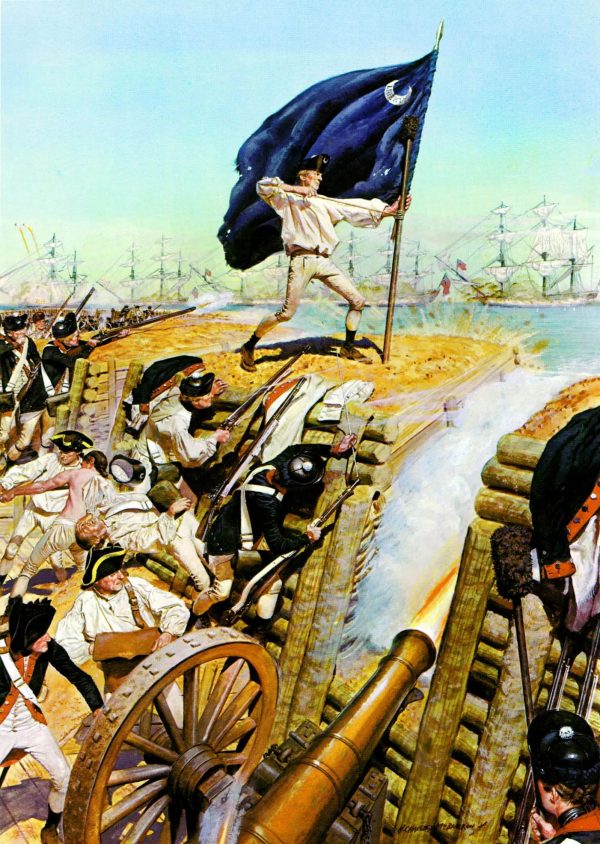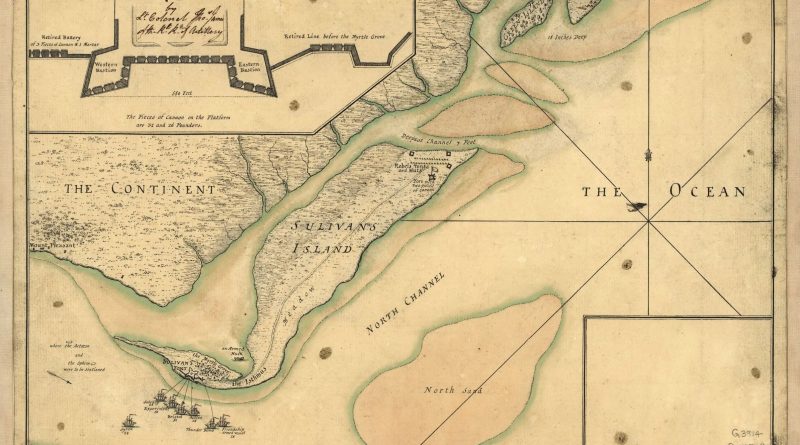June 28 in U.S. military history
1776: The unfinished American garrison guarding Charleston harbor comes under attack by nine British ships under the command of Adm. Sir Peter Parker. The British attack the fort for 12-plus hours, but their cannonballs are no match for the palmetto log defenses of Fort Sullivan. In what has been described as the “first decisive victory of American forces over the British Navy” during the American Revolution, Col. William Moultrie and his South Carolina militiamen inflict heavy casualties on the Royal Navy forces and repel the assault.

1778: The Battle of Monmouth, N.J. is fought between Gen. George Washington’s Continental Army (including the legendary Molly Pitcher) and British forces under Gen. Sir Henry Clinton. Though tactically inconclusive, the battle is a strategic victory for the Americans who prove they can go toe-to-toe with the British Army in a large pitched battle.
1814: 200 miles west of Plymouth, England, the sloop-of-war USS Wasp – the fifth of ten so-named vessels – engages HMS Reindeer. After 19 minutes of intense fire, with the Americans repulsing numerous attempts by the British to board their vessel, Master Commandant Johnston Blakely and his men devastate the British crew, killing the ship’s captain, Commander William Manners, and 24 others. Reindeer is boarded, but is too heavily damaged to be taken as a prize and is burned.
1914: Austrian Archduke Francis Ferdinand and his wife are assassinated by a Bosnian Serb. One month later, Austria-Hungary will declare war on Serbia, triggering World War I.
1919: Following six months of negotiations, the Treaty of Versailles is finally signed, formally ending World War I five years to the day after the event that triggered the conflict. The armistice of November 11, 1918 put an end to hostilities, but a state of war remained until the treaty. Germany is devastated – disarmed and forced to pay $31 billion in reparations (roughly the equivalent to nearly half a trillion dollars in 2017 dollars).
The U.S. Senate will not ratify a peace treaty with Germany until 1921. The “Carthaginian Peace” brought about by the Versailles Treaty will annihilate the German economy, leading to the rise of the Nazi Party – and ultimately World War II.
1950: As the South Korean capital of Seoul falls to the North Koreans, the first American combat forces — a 35-man anti-aircraft artillery unit — arrive in Korea. Gen. Douglas MacArthur, the newly appointed Commander of United Nations forces, also arrives in theater.
